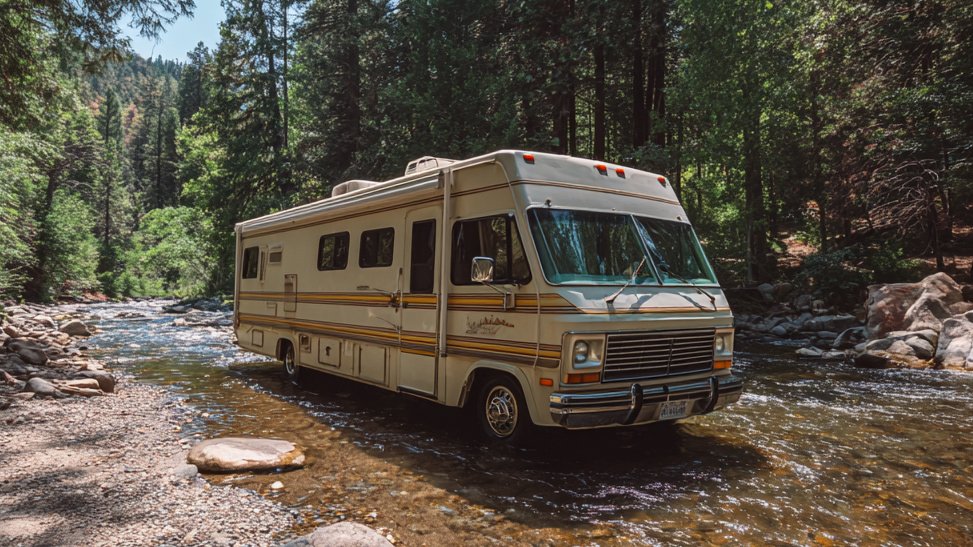Forest River RV recalls raising safety concerns
- Forest River, owned by Warren Buffett’s Berkshire Hathaway, leads the RV industry in recalls over the past decade, often tied to manufacturing errors.
-
The RV maker’s production model emphasizes speed and piece-rate pay, which critics say fuels quality issues that can cause safety hazards.
-
A major lawsuit and federal scrutiny now challenge the company’s reputation as it dominates the RV market from its Indiana manufacturing hub.
Millions of Americans dream of freedom on the open road in recreational vehicles, but for some, that dream has collided with serious quality issues—and one RV giant is under growing scrutiny.
Forest River, one of the RV industry’s Big Three alongside Thor and Winnebago, has amassed more recalls over the past decade than Detroit’s auto giants, despite producing far fewer vehicles. From 2015 to 2024, no automaker or RV company issued more recalls than Forest River, with nearly half stemming from manufacturing errors rather than faulty parts or poor engineering, according to federal data analyzed by The Wall Street Journal.
Industry insiders point to the unique way RVs are built. Unlike highly automated car factories, RV plants rely heavily on hand-assembly, with workers often paid per vehicle rather than hourly. That piece-rate system can create powerful incentives to prioritize speed over thoroughness.
The results can be alarming
The consequences have sometimes been alarming. Recall records reveal problems ranging from punctured microwaves caused by improper screw lengths, to misaligned furnace flues discovered only after an inspector quit. In 2023, Forest River recalled 50 towable campers because workers installed the wrong fuse in power distribution centers—creating a fire risk due to a parts shortage.
Despite the mounting recalls, Forest River maintains that it proactively issues recalls out of an “abundance of caution,” even when it doesn’t believe a true safety defect exists. The company also notes that other manufacturers’ recalls often involve higher volumes of vehicles.
“Forest River will continue to own what we build and stand behind every product with the same honesty that’s helped us become one of the industry’s leading manufacturers,” the company said in a statement.
Yet, the company now faces its biggest quality-control probe in years, driven by a lawsuit from an RV owner named Nelson. Four years after an incident in a state park, Forest River recalled about 41,000 vehicles due to electrical components wired incorrectly—a defect with potential to cause short circuits and fires. Lawyers for Nelson are seeking class-action status, alleging the problem could affect far more vehicles. Forest River declined to comment on ongoing litigation.
Forest River’s story is intertwined with Elkhart, Indiana, where four out of five RVs in the U.S. are built. The company’s founder, Pete Liegl, grew Forest River into a major player before selling it to Warren Buffett’s Berkshire Hathaway in 2005. The firm now sells over 100,000 RVs annually, generating more than $6 billion in revenue.
Though praised for cost discipline and market share, Forest River now faces a pivotal test: whether it can keep its reputation as a “well-oiled machine” while addressing persistent quality and safety concerns threatening RV owners’ trust—and safety—on the open road.


